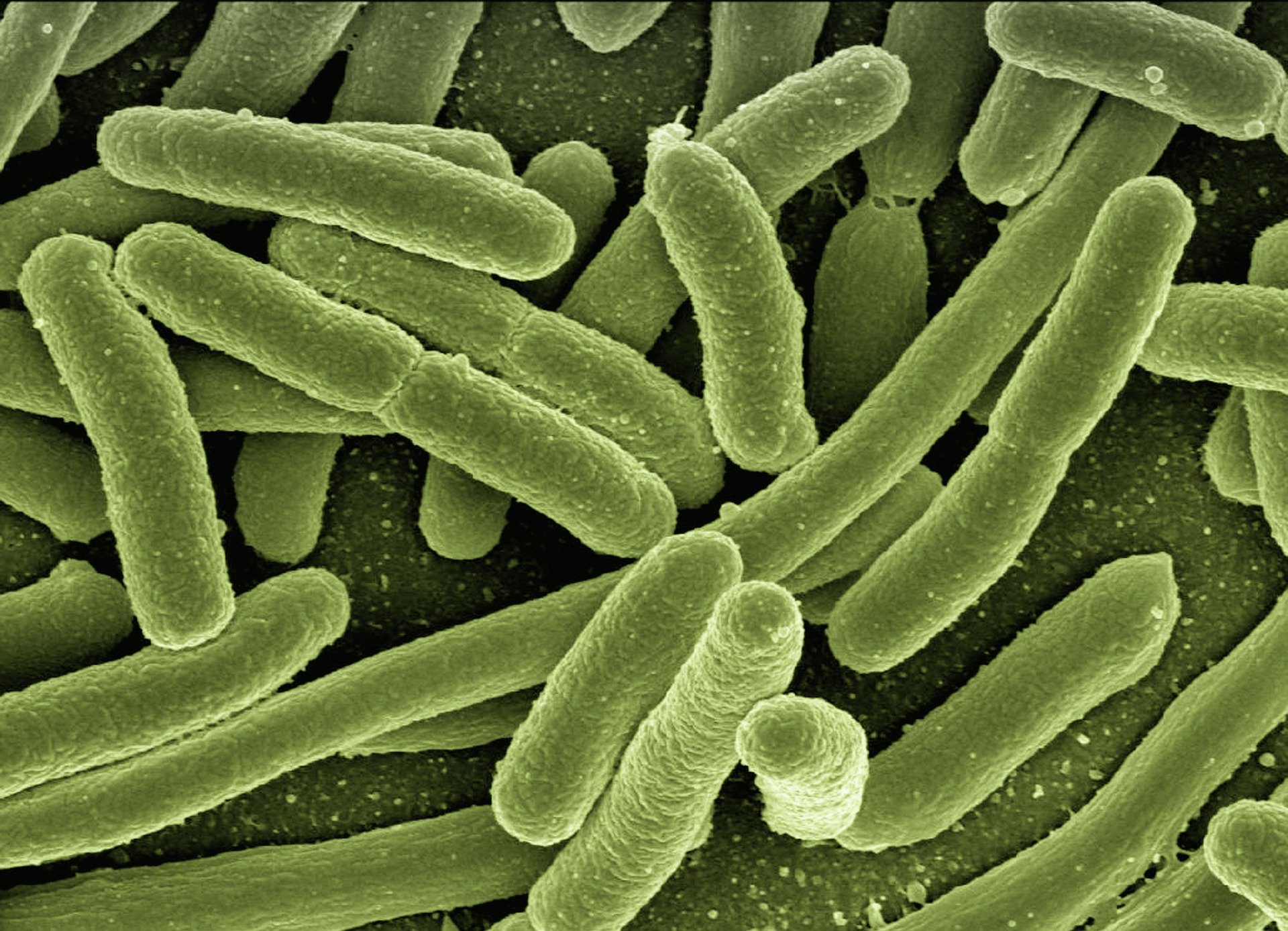Share this Page:
This prospective, randomised study in 20 people looked at the ability of probiotic supplements to modify the clinical benefit of targeted therapy (VEGF-TKIs cabozantinib or sunitinib) in metastatic renal cell carcinoma patients.
The study showed that in people with metastatic RCC, the clinical benefit rate was similar in people taking probiotics compared to those who were not (70% vs 80%). In patients who experienced clinical benefit the bacteria Barnesiella intestinihominis and Akkermansia muciniphila were significantly more abundant. Also, the bacterium Bacteroides caccae also indicated clinical benefit, but, surprisingly, Bifidobacterium longum, a species also used as a probiotic, did not result in clinical benefit.
These findings demonstrate that probiotic supplements successfully increased Bifidobacterium species levels and revealed an association between Bifidobacterium intestinihominis and Akkermansia muciniphila and clinical benefit with therapy.
















Although limited by a relatively small number of patients, this important study shows the importance of the gut microbiome in the treatment of metastatic RCC. Further studies are needed, in particular with Akkermansia muciniphila and Bifidobacterium intestinihominis, in predicting clinical benefit to VEGF-TKI therapy. This study is the basis for ongoing studies to help inform the selection of immunotherapy and targeted therapy for the treatment of metastatic RCC.